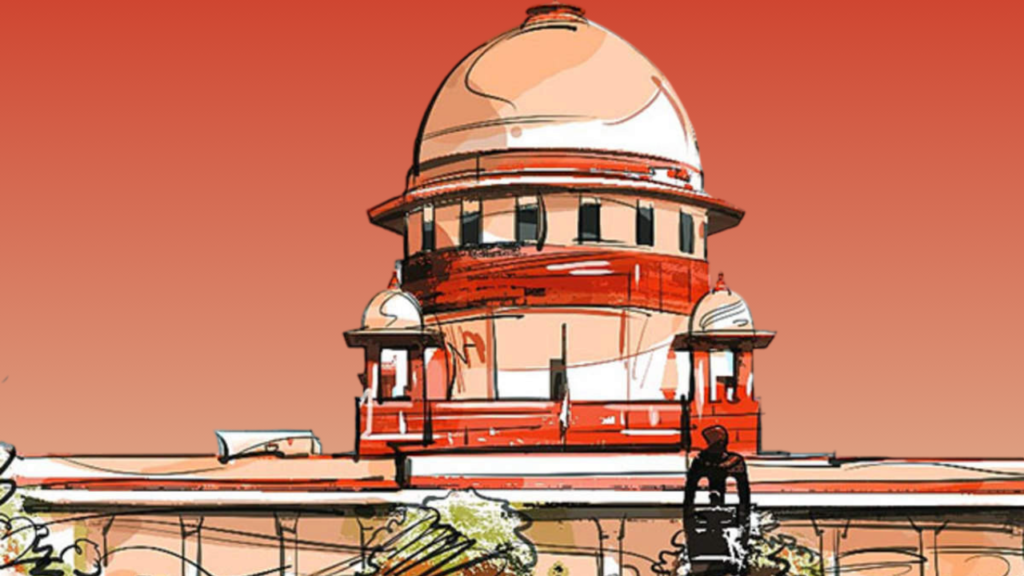Aastha Pareek
In a significant ruling, the Supreme Court of India expressed strong disapproval of the cross-examination methods employed against a 4-year-old victim in a sexual assault case. The case, Kesarinandan Sabhapati Upadhyay v. State of Maharashtra and Another, brought to light the challenges faced by young witnesses in legal proceedings. A Bench led by Justices Abhay S. Oka and Augustine George Masih raised concerns about the defense’s tactics, noting that the child was subjected to nearly 150 questions during cross-examination.
Justice Oka, visibly perturbed, emphasized the need for legal practitioners to demonstrate “humanity” and sensitivity when questioning young and vulnerable witnesses. He criticized the defense counsel for asking a substantial number of irrelevant questions, stating that 80–90% of the inquiries did not pertain to the case’s essential matters. “Even if there’s a strong case on merits, there must be a standard of human reasonability,” he asserted, stressing that the integrity of the legal defense should not compromise a child’s emotional well-being.
The case itself involved a teacher convicted of aggravated penetrative sexual assault against his 4-year-old student. The incident came to light in 2014 when the child’s grandmother observed signs of distress in the victim after school. Upon questioning, the child revealed the details of the assault, implicating her teacher. Medical examinations substantiated her claims, resulting in the teacher’s conviction under Sections 6 and 10 of the Protection of Children from Sexual Offences (POCSO) Act. This conviction was later upheld by the Bombay High Court in 2021, based on consistent and credible testimony from the child and her family members.
As the Supreme Court reviewed the appeal, it issued a notice and called for a more compassionate approach from legal professionals in handling cases involving minors. The Court’s decision underscores the critical need to safeguard the emotional health of young victims during legal processes, aiming to minimize their trauma while ensuring justice is served.

